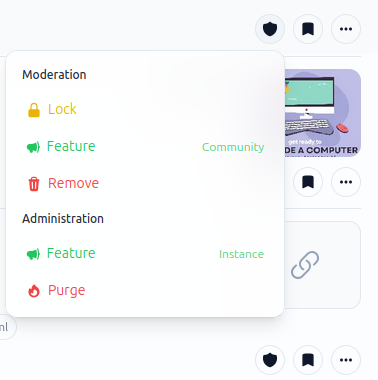GNOME 46.5 is now available as the fifth maintenance update to the GNOME 46 desktop environment series with more bug fixes and improvements.
...
GNOME 46.5 is here five weeks after the GNOME 46.4 release and fixes smartcard logins, adds user permissions to new Wi-Fi connections for restricted users, fixes the showing of pending PAM messages on the login screen, and fixes the “Locate Pointer” accessibility option when the “Reduce Animation” option is turned on.
It also fixes several issues in the Mutter window and composite manager, including drag and drop between X11 and Wayland clients, drag and drop from grabbing pop-ups, EGLDevice support, frozen cursor on some hybrid machines, tablet input in maximized windows, frozen cursor after suspend, using modifiers on multi-GPU setups, propagating tablet device removals to clients, and touch window dragging with pointer lock enabled.

This is a great summary. Thanks!